Shameful secrets – families hide elder abuse
Elder abuse often goes unreported and undetected. Mostly because the victims don’t tell anyone. They’re too ashamed, or frightened of reprisal. Or they don’t want to get the perpetrator into trouble. Especially if it’s a family member.
83 year old hides in her room to escape verbal abuse
Mrs G lives with her daughter and 25 year old grandson. Although he’s never harmed her physically, the grandson is verbally abusive, threatening and intimidating. Both Mrs G and her daughter are afraid of him. They started locking themselves in the bedroom to keep out of his way … and ended up virtual prisoners in their own home. They lived like this for years, hoping he would grow out of his bad behaviour.
Eventually they turned to us for help. Our Social Worker spent time counselling the family, and helped the women obtain a protection order at the Magistrates’ court. Should the grandson continue verbally abusing the women, a criminal charge will be laid and he will be removed from the home by the police.
Step son regularly attacks elderly man and steals his pension
Many years ago, 75 year old Mr V was in a relationship with a woman. Although they never married, the woman’s son, now aged 22 and unemployed, feels entitled to demand money from the elderly man. Mr V is a state pensioner, and has no other income. His step son knows where he lives, and frequently visits to demand money. If Mr V doesn’t cough up, he is violently assaulted.
Only when his sister and a neighbour noticed the bruises did they realise what was happening. Mr V refuses to press charges because he has no faith in the justice system and fears reprisal if he antagonises his step son. But with the help of our Social Worker, his sister, on whose property he lives, has obtained a protection order which forbids the step son from entering the property.
Sons abandon elderly mom at the hospital and run away to avoid caring for her
75 year old Mrs F is a widow living with her two sons. Her health is poor – she has dementia, diabetes, CVA and hypertension. In March, she had a serious fall getting out of bed, and fractured her hip. After a month in hospital, she was sent home to the care of her sons. But adequate care was not forthcoming. They didn’t provide her with proper meals or make sure she took her medication. And in May she had to be readmitted to hospital for reparation treatment.
When she was ready to be discharged, the sons refused to take her home. They switched off their phones and abandoned their mother at the hospital. That’s when our Social Worker heard about the case. She visited the family home and found that the sons had fled to escape the responsibility of caring for her.
We can’t force children to take responsibility for ageing parents. We can only make space for elders like Mrs F at a Tafta Home and make sure she is safe and well cared for. And that she enjoys some dignity.
Nobody deserves to be abandoned and neglected to the extent that they need to be readmitted to hospital. We believe that Mrs F’s sons do care for their mother … but they had neither the skills nor the means to look after her properly.
Elder abuse is not only about physical harm
These cases highlight the many different ways that elders may be subjected to abuse. In today’s economy, financial abuse of pensioners, in particular, is on the increase. They are seen as easy targets, as they can be intimidated and physically forced to hand over their small pensions.
While financial abuse leads to physical hardship, mental abuse can cause great unhappiness. Being constantly mocked or shouted at, and told you are a burden, makes a person feel that life is not worth living. Deliberate neglect where older people don’t get the help they need – for example, to get to the toilet – causes great emotional harm and loss of dignity.
Difficult to spot
But these, and other forms of elder abuse are difficult to spot. If the victim doesn’t speak up, he or she literally suffers in silence for years. If you suspect that an elder is being ill treated, please report the case to us by calling 031 332 3721 or emailing intake@tafta.org.za.
To support our efforts to rescue and protect elders from abuse, please make your donation online right now. Thank you!



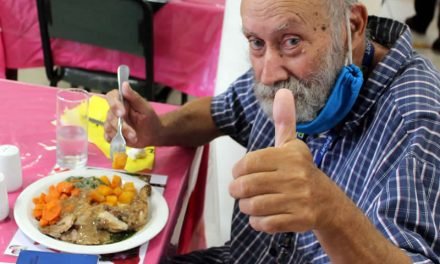
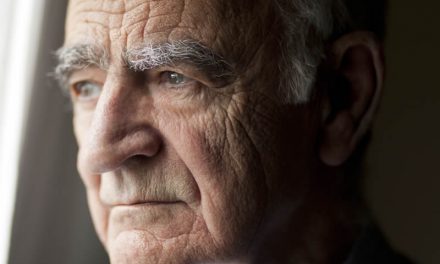

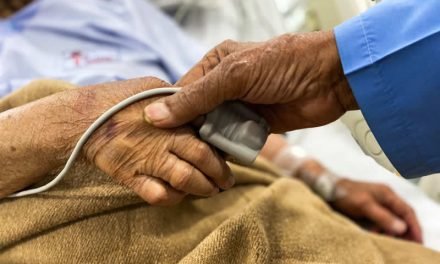
 Concern and confusion over SASSA Old Age Grant payments
Concern and confusion over SASSA Old Age Grant payments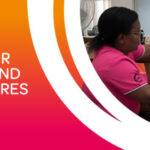 Vote for us in the KZN Top Brand Award
Vote for us in the KZN Top Brand Award Men’s health – signs older men shouldn’t ignore
Men’s health – signs older men shouldn’t ignore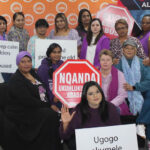 Tafta commemorates Elder Abuse Awareness Day – staff say ‘No’ to elder abuse
Tafta commemorates Elder Abuse Awareness Day – staff say ‘No’ to elder abuse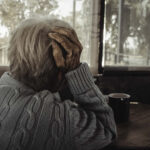 Elder Abuse – it’s not always what you think
Elder Abuse – it’s not always what you think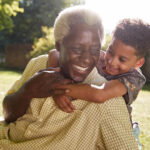 Holiday fun that doesn’t break the bank – inexpensive activities for grandparents
Holiday fun that doesn’t break the bank – inexpensive activities for grandparents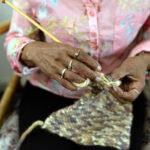 Old school ‘Granny Crafts’ promote mental health
Old school ‘Granny Crafts’ promote mental health Tafta Golf Day at Cotswold, a swinging success!
Tafta Golf Day at Cotswold, a swinging success! Come visit us – Tafta Open Days this May!
Come visit us – Tafta Open Days this May! Sleep Quantity vs. Sleep Quality – what matters most for healthy ageing?
Sleep Quantity vs. Sleep Quality – what matters most for healthy ageing?